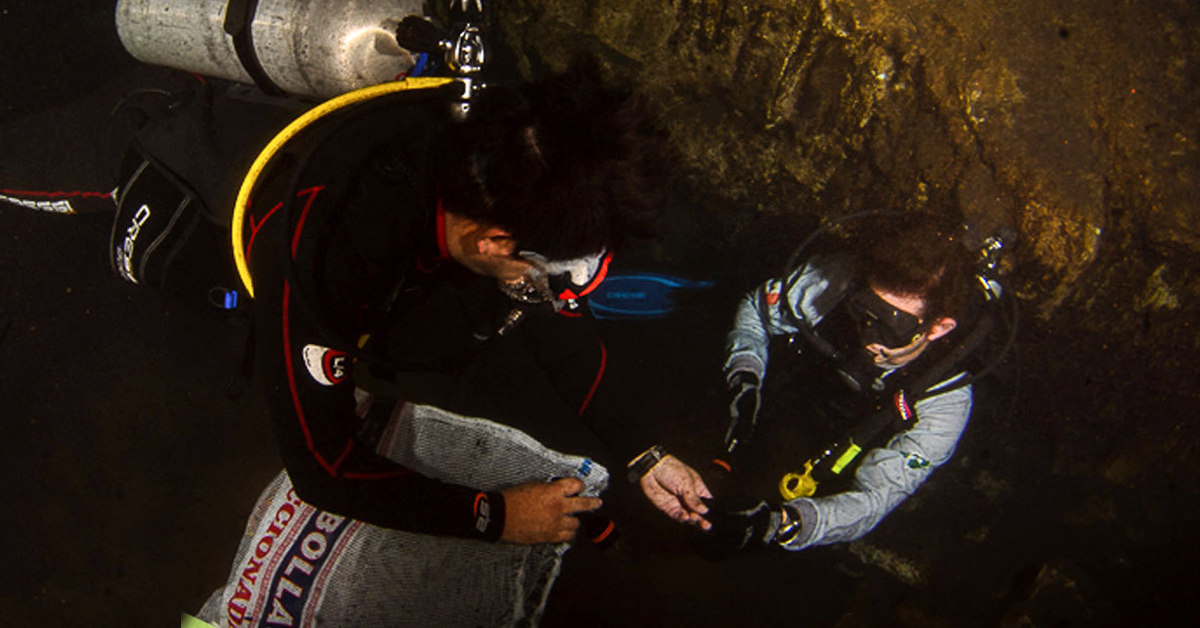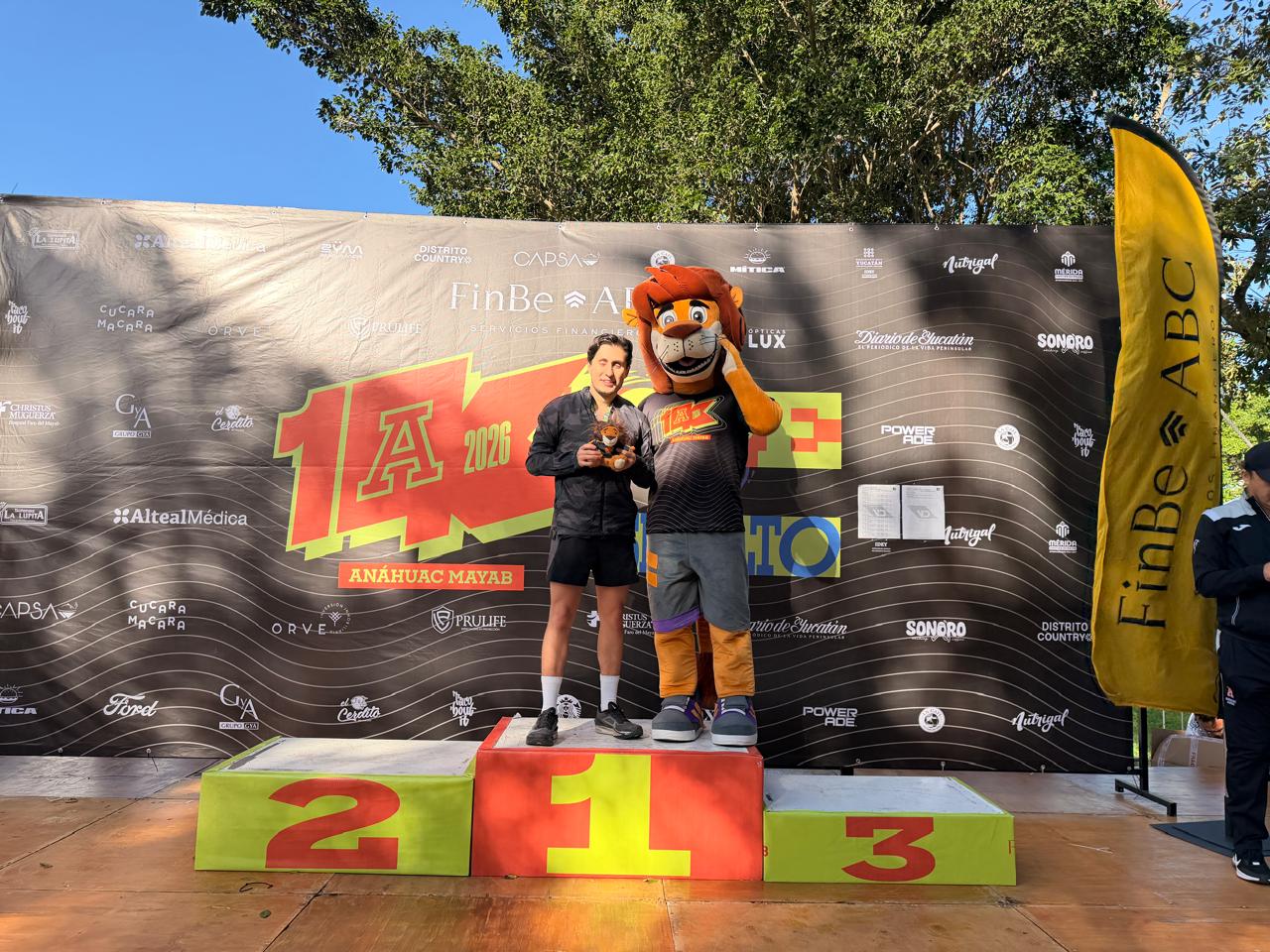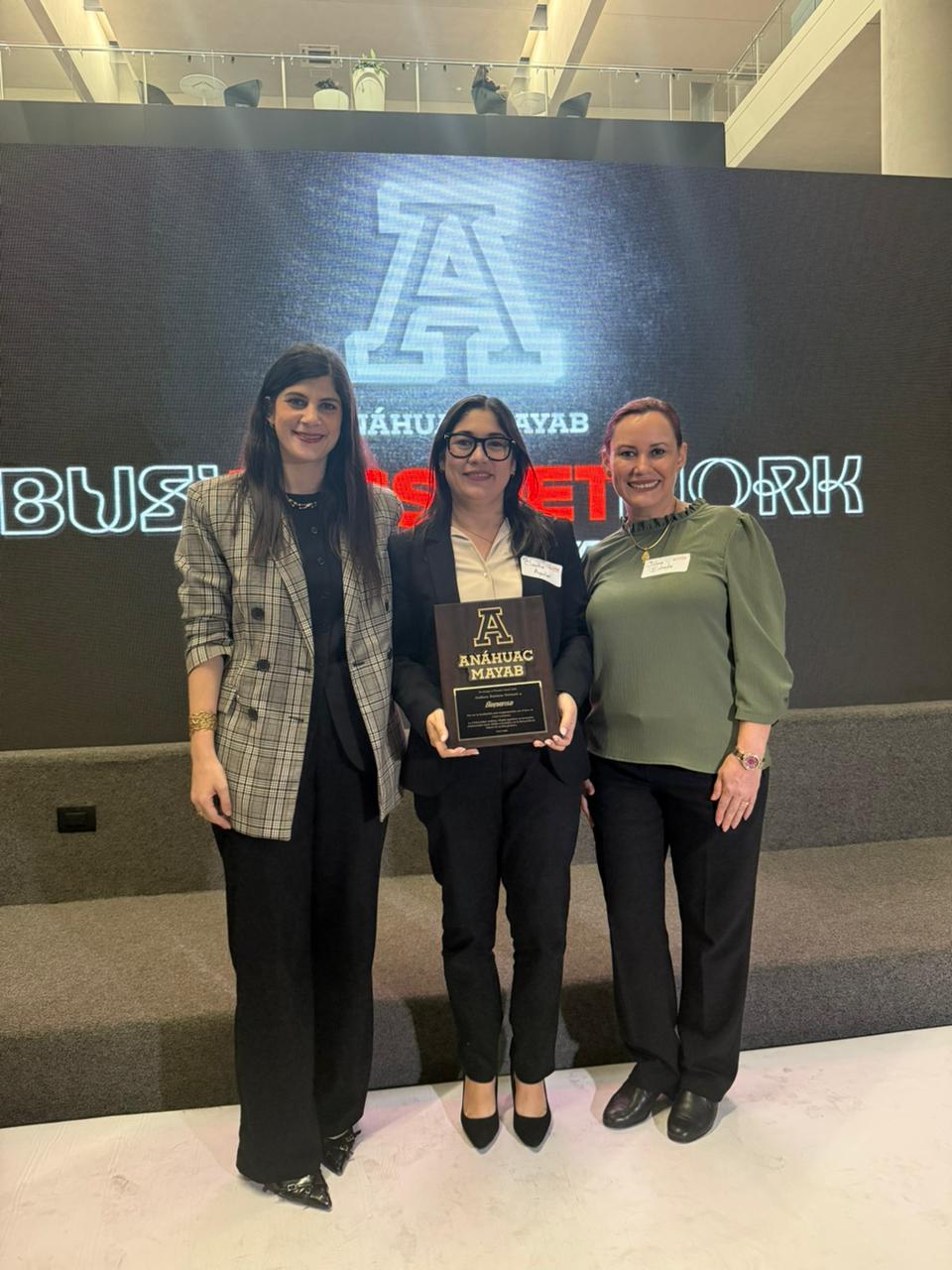The Cenotes Program is an initiative of the Bepensa Foundation, launched in 2005 with the goal of contributing to the conservation of these bodies of water so characteristic of the peninsula.
Cenote is a term used only in Mexico and comes from the Mayan word dzonot, meaning abyss. They are freshwater pools created by the erosion of soft, porous limestone. Cenotes were used by the Mayan civilization as a vital resource for their survival, but also as sacred sites.
The Bepensa Foundation implemented a three-phase action plan: awareness, cleanup, and community engagement.
The activity begins with an awareness-raising talk for the population, supported by local authorities. Expert cave divers and volunteers then meet at the cenote to clean it, which takes four to six hours. The waste is then sorted and weighed for recycling. Finally, a social and integration activity is held with the community, which includes the exchange of experiences and points of view.
This program has had the invaluable support of several retail chains such as 7-Eleven and Dunosusa, which contributed to achieving the objectives through their donations, as well as the selfless collaboration of individuals such as La Parrilla, authorities and cave diving experts, and volunteers such as archaeologist Sergio Grosjean with "Expedición Grosjean."
To date, 17 cenotes have been repaired, preventing the contamination of hundreds of thousands of cubic meters of water belonging to Mexico's most important underground water reserve.
Bepensa and the Bepensa Foundation reaffirm their commitment to environmental protection through ongoing actions to protect water and positively impact the communities where they operate.



